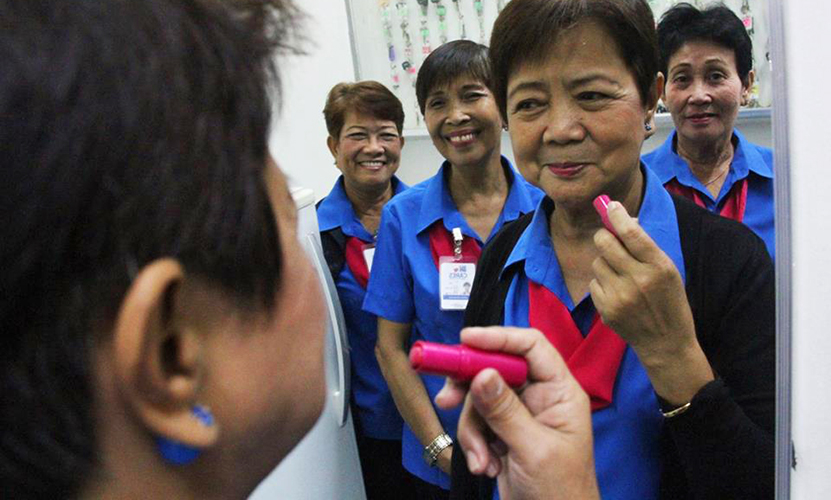
Projected revenue from the proposed vanity tax on cosmetics and beauty products would not be nearly enough to cover the income expected from the fuel excise tax it is meant to replace, Senator Win Gatchalian pointed out on Friday.
Gatchalian explained that the proposed 10-to-30 percent vanity tax, which is gaining support in the lower house as an alternative to the imposition of higher taxes on fuel, is projected to generate only PHP 6 to 19 billion in tax revenue, which only amounts to between 4 to 13 percent of the PHP 148.2 billion revenue expected from the proposed fuel excise tax.
“Revenue projections make it clear that the vanity tax is not a viable alternative to the fuel excise tax,” said Gatchalian.Gatchalian also criticized the vanity tax as a discriminatory policy which would have a disproportionately adverse effect on women, the primary consumers of cosmetics.
Despite its depiction by proponents as primarily a burden on wealthy consumers who can afford high-end beauty products and services, Gatchalian said that the vanity tax would actually have a more serious negative impact on rank-and-file wage earning women employed by industries which customarily require women to make themselves up in the workplace, including the retail, hospitality, and services sectors.
“It’s the department store sales ladies, hotel receptionists, and other women professionals I’m worried about, not the Real Housewives of Manila,” quipped Gatchalian.
In addition, considering the vanity tax’s inability to serve its primary proposed purpose – to replace the fuel excise tax – Gatchalian said it would be unwise to unnecessarily burden the domestic cosmetics industry, a PHP 63.2 billion industry as of 2015 which has recorded a promising 4.8 percent annual growth rate over the past five years.
“The haphazard imposition of a vanity tax might end up slowing down the growth of a promising industry and destroying badly needed jobs in the domestic market. That doesn’t seem like a good move to make,” said Gatchalian, the Chairman of the Senate Committee on Economic Affairs.


